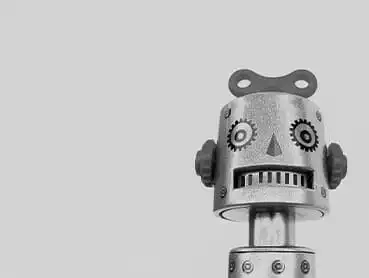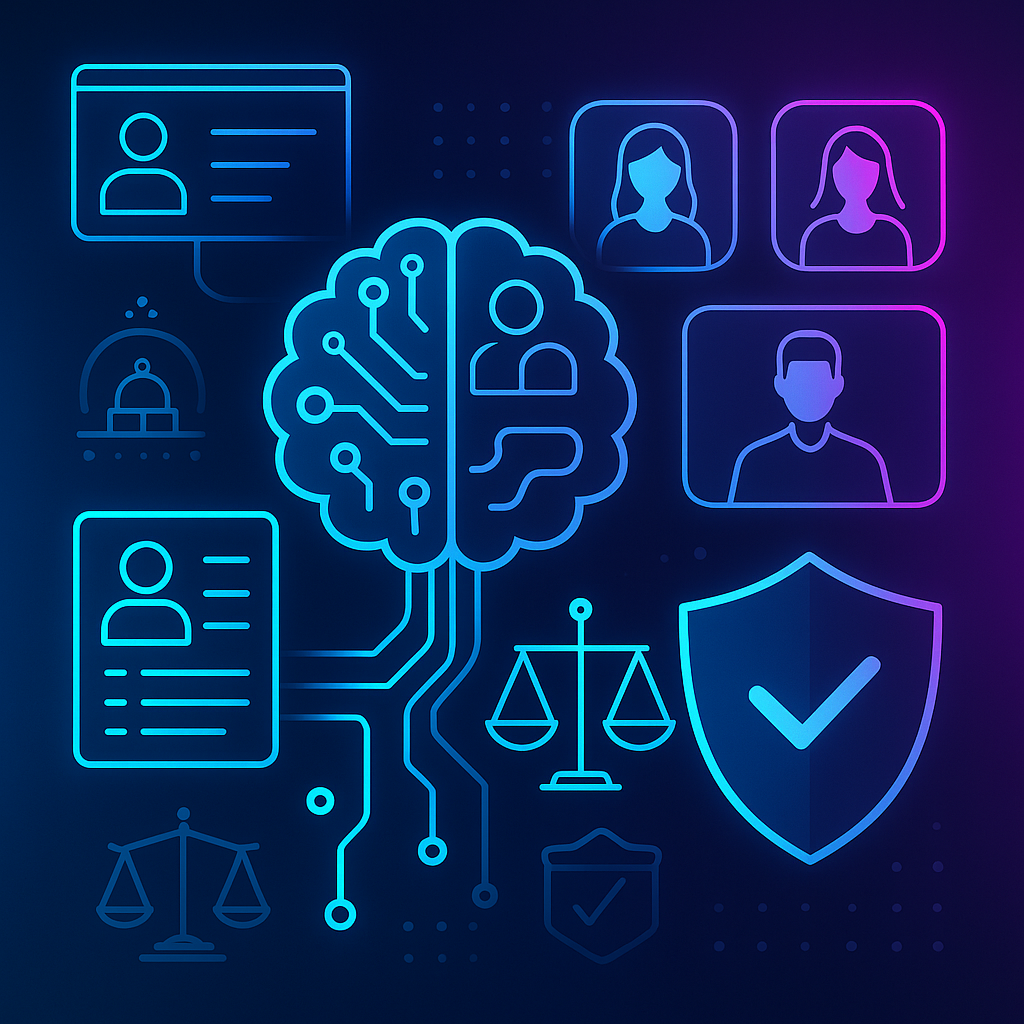5 must-have talent acquisition assessment methods for 2023

With the introduction of AI recruiting and other cutting-edge technologies, talent acquisition assessment methods have come a long way in recent years. Yet, as companies strive to find compatible talent in a sea of applicants and a highly competitive job market, plenty of challenges still remain. To overcome these challenges, it’s important to have the right candidate assessment methods in place. But with so many different assessment methods available, it can be difficult to decide which is the best fit for your team. To help your team achieve better recruiting outcomes in 2023, we’ve rounded up the top 5-must-have talent acquisition assessment methods for finding those highly sought-after unicorn candidates most likely to succeed in the role you’re sourcing.
The Big Five
To effectively evaluate the skills, attitudes and aptitudes of potential employees, recruiters and hiring managers must be armed with the appropriate assessment tools. And while there are definitely more than five methods to consider, the following five are a great place to start.
Job simulations
A job simulation, or work simulation, is an employment test where candidates are asked to complete tasks specific to the job they are applying for. Designed to help employers gain insight into how a candidate might behave and perform on the job, these assessments are often used to evaluate a candidate’s problem-solving skills, communication abilities and overall knowledge about a specific role. A study compiling decades of research into the Schmidt-Hunter paper found that predicting candidate skills by evaluating education and experience to be less effective than testing candidate skills directly through job simulations.
Behavioral assessments
These assessments measure various attributes such as motivation, intelligence, work ethic, communication skills and team building. In a behavioral assessment, the interviewer essentially asks the candidate questions about past behavior, in order to predict future behavior and provide employers with critical data on how candidates would fit into the company culture. Examples of behavioral assessment questions might include asking the following:
- Can you tell me about a time when you had to deal with a difficult customer?
- Describe a time when you had to solve a challenging problem and how you handled it.
- Provide details about a time when you had to lead a team.
The questions are meant to provoke a narrative from applicants to enable a better understanding of a candidate’s thought processes and decision-making skills.
Cognitive assessments
Sometimes referred to as mental agility tests, this type of assessment examines how well applicants use a variety of cognitive skills including numerical and verbal reasoning, spatial ability, logical reasoning and learning agility. Employers can use these results to determine if a candidate has the capacity to understand and take on complex tasks. This type of assessment is especially useful for positions that require a high level of analytical thinking.
Technical assessments
Technical assessments are specialized tests that measure job-specific applicant technical knowledge. For instance, if you’re looking for someone with experience in particular computer programming language, you may need to determine their proficiency in that area or any other area relevant to the role. Having them complete a technical assessment can help you weed out unqualified candidates and target more compatible hires.
Personality assessments
This type of test is designed to reveal information about a candidate’s personality traits and preferences by asking questions related to their values, interests and behavior patterns at work or outside it. There are a variety of personality assessments available but a few of the more commonly used tests are highlighted below.
The Myers-Briggs Type Indicator (MBTI)
This test measures four different personality traits: extroversion vs. introversion, sensing vs. intuition, thinking vs. feeling, and judging vs. perceiving. The MBTI can be used to assess candidates for any type of job, but it is particularly useful for jobs that require a lot of social interaction, such as customer service or sales and helps employers better understand the differences in behavior, thought processes, and motivations among individuals. It also provides insight into how employees prefer to communicate, how they make decisions, and how they perceive and interact with the world. In addition, the MBTI can be a valuable tool for employers to uncover potential areas of development and provide strategies for team building and leadership development.
The Predictive Index (PI)
The Predictive Index (PI) assessment method sort of meshes the cognitive and behavioral methods to measure job candidates’ natural behaviors and cognitive ability. This helps employers determine whether or not their job requirements align with the talents and abilities of potential hires. It provides an efficient way to assess qualities such as problem-solving skills, empathy, motivation, and communication style. This type of assessment offers valuable insight into whether an individual is right for a particular role and can help employers make informed decisions when hiring talent.
Hogan Personality Inventory (HPI)
Similar to the MBTI, the Hogan Personality Inventory (HPI) is an assessment tool designed to measure an individual’s underlying personality characteristics. It is used to gain insight into the attitudes, values, and motivations that impact work performance and behavior. The HPI is made up of seven scales: Adjustment, Ambition, Sociability, Interpersonal Sensitivity, Prudence, Inquisitiveness, and Learning Approach and is especially useful when making hiring decisions for positions where interpersonal skills are important.
Soft skills matter
It bears mentioning that it’s not just about finding the right talent assessment methods. While it’s true that things like behavior, mental agility, personality, and technical skills – are all important pieces to the puzzle of finding the most suitable candidate for a job, one other assessment area many employers are prioritizing is that of soft skills. In fact, a report by Monster.com, (The Future of Work 2021: Global Hiring Outlook) found that employers cited soft skills such as dependability, teamwork /collaboration, flexibility and problem-solving, as the top skills they want in employees.
All of the above assessment methods can assist employers in identifying whether an applicant possesses both the soft and hard skills they are seeking in a candidate. But to truly maximize your efforts and connect with compatible candidates, this is where AI recruiting technology can come to the rescue. One example can be found in Leoforce Quantum. Leoforce matches people to jobs using hundreds of attributes most AI recruitment software ignore. With more intelligence about people, jobs, and what makes them compatible, Leoforce recruiting software not only delivers candidates more likely to succeed, but can also help you meet your diversity hiring goals with less time and expense because diversity is built in.
Final thoughts
When it comes to talent acquisition, effectively assessing your potential hires is a critical part of successfully connecting the best candidates to the right jobs. The five must-have assessment methods above, with a little help from a next gen-AI platform like Leoforce, can help you make informed decisions about which potential employees are the best fit for your organization.




